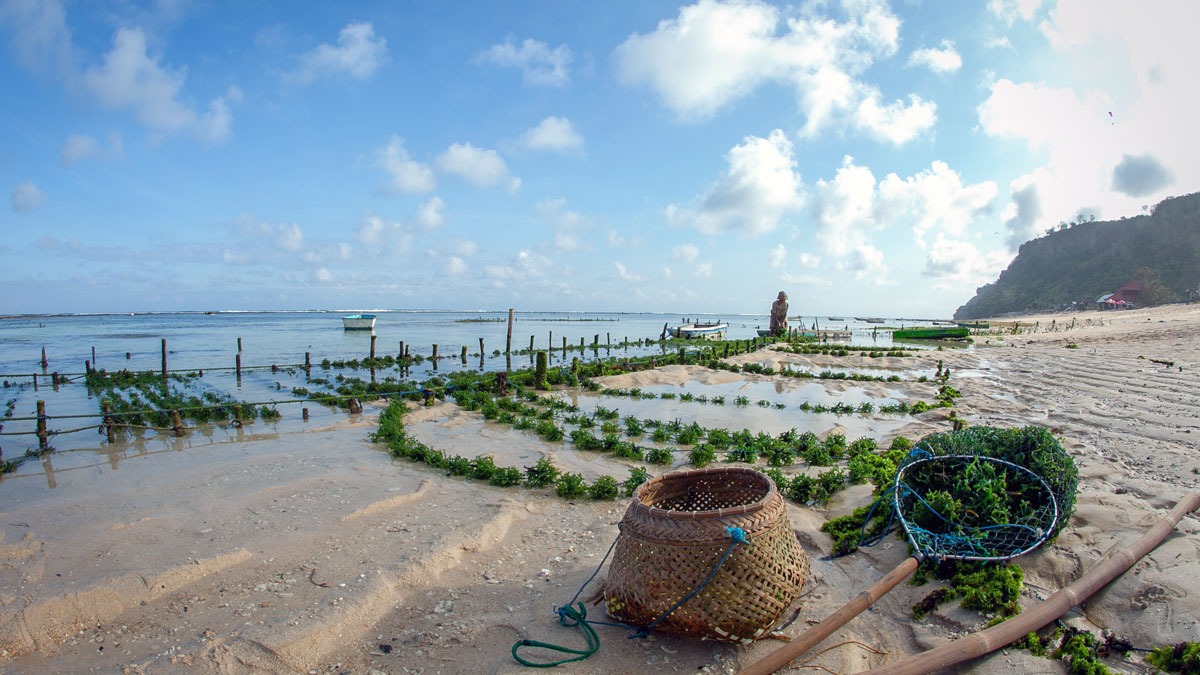Pacific workshop on plastic pollution and material substitutes: Exploring material substitutes and green finance as part of solutions for the United Nations Sustainable Development Goals 14.1 and 12.
Small Island states are highly reliant on the Oceans Economy for their livelihoods. At the same time, they are especially exposed to the negative effects of plastic pollution, both by its effect on coastal areas, affecting biodiversity, fisheries activity, and tourism, and by its on-land impacts creating problems for urban water drainage infrastructure and health.
Small Islands have limited productive and value-addition capacities, but significant potential to develop novel industries related to material substitutes, especially those based on by-products of indigenously grown biomass and marine products, both potentially innovative and low-pollution pathways to reduce reliance on single-use plastics. In addition to their environmental benefits, these could offer important employment, income-generating and development opportunities.
Following the extensive work on plastic pollution mitigation projects being undertaken under the UNCTAD Oceans Programme and Sustainable Manufacturing and Environmental Pollution (SMEP Programme), including UNCTAD’s extensive analysis on the potential of material substitutes in developing countries, and complementary research on financial and industrial policy for a green transformation in Sub Saharan Africa, Asia and in the Indo-Pacific regions, this Regional Indo-Pacific workshop on oceans economy, plastic pollution, and plastic substitutes is being organized.
This event will seek to identify specific opportunities and needs for island states in the Indo-Pacific region on how the ocean and circular economy can support efforts to end plastic pollution (including under the multilateral processes in the United Nations and at the WTO), identify main plastic waste and pollution management challenges and provide an in-depth analysis of the role of plastic substitutes and how local natural materials can be used to scale up their production. It will also consider the financial resources available (domestic, international, concessional, and commercial) and how these can best be harnessed for the shift into still unknown but potentially rewarding industry sectors; and where gaps remain. Ultimately, the aim of the workshop is to build capacity of stakeholders in attendance, including environmental authorities, legislators, industry actors, finance and other influential policymakers and stakeholders in the Indo-Pacific Region working on the issue of plastics pollution and plastic substitutes.
The event will be an opportunity to ensure officials are aware of developments at the multilateral processes on plastics (UNEA resolution implementation/negotiations towards the global plastics treaty by 2024/ Basel convention updates / Developments at the World Trade Organization’s dialogue on plastics) and relevant private sector initiatives pertinent to the Indo-Pacific Region. These developments both open new doors for innovative production and exports from the region, but also constitute potential new barriers that will need to be addressed.

